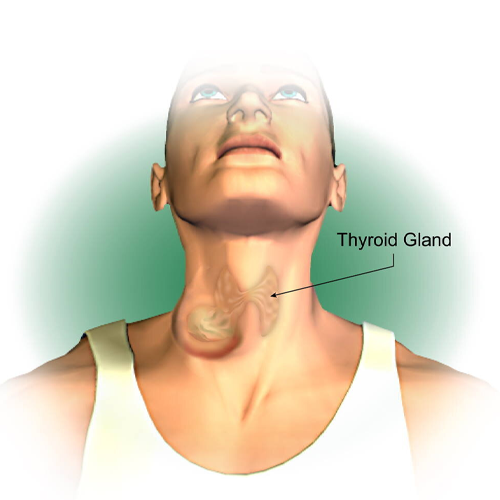💡 Factors Influencing Treatment Costs
The total cost of thyroid cancer treatment depends on several factors, including:
- 📌 The stage and type of cancer.
- 🔬 The complexity of the surgery or therapy.
- 📍 Geographic location and healthcare facility.
- 💰 Insurance coverage and out-of-pocket expenses.
- 🩺 Additional costs for imaging, lab tests, and follow-up care.
